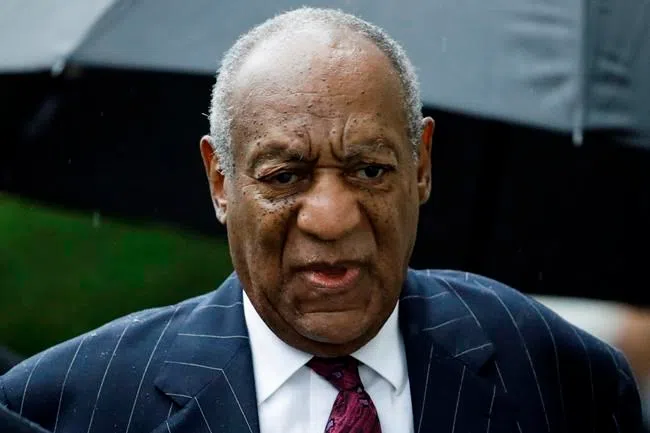
Cosby lawyers detail 11 alleged trial errors as they appeal
PHILADELPHIA — Bill Cosby’s lawyers detailed nearly a dozen alleged legal errors Tuesday, including the judge’s decision to send the case to trial, as they appeal his sexual assault conviction and three- to 10-year prison term.
They’ve also asked the Pennsylvania Supreme Court this month to release the 81-year-old disgraced comedian from a state prison near Philadelphia while the appeal proceeds.
The lawyers said trial Judge Steven O’Neill had a feud with a pretrial witness, the ex-prosecutor who had declined to charge Cosby in 2005. And they said his decisions to assign himself the case, let five other accusers testify, air Cosby’s prior deposition testimony about quaaludes and dismiss the ex-prosecutor’s promise not to charge Cosby are mistakes that warrant a new trial.
“The trial court erred in failing to disclose his bias against District Attorney (Bruce) Castor, and in failing to recuse himself, prior to determining (his) credibility,” wrote lawyer Brian Perry of Harrisburg, the latest of more than a dozen lawyers to represent Cosby in the case.
